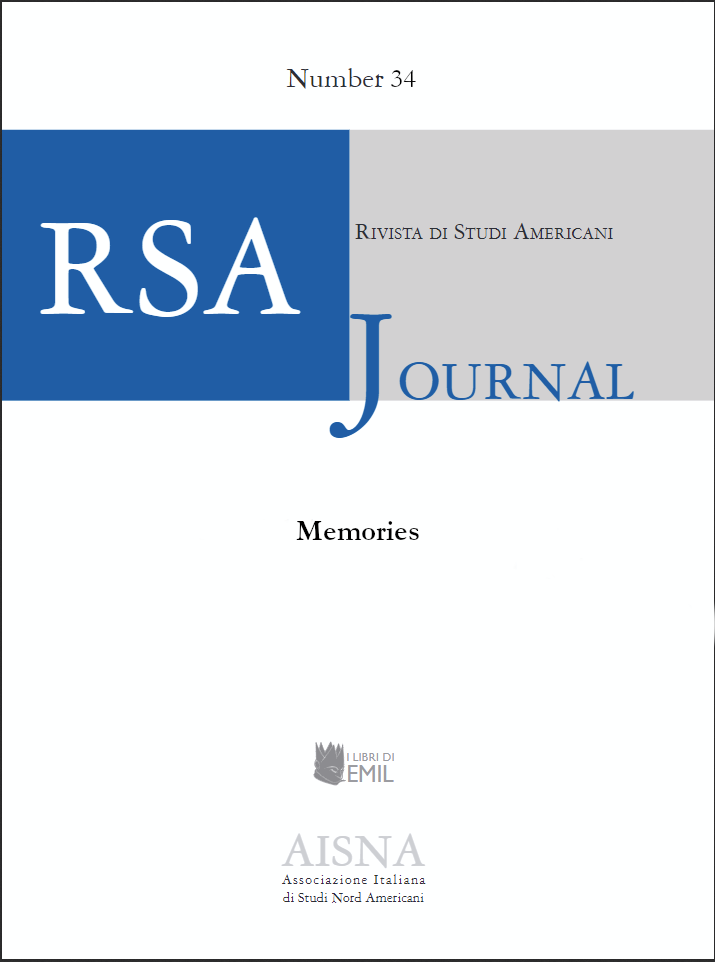Breaking Bread and Sharing Dreams with the Other-than-human
Extinction and Multispecies Community in Lydia Millet’s “How the Dead Dream”
DOI:
https://doi.org/10.13135/1592-4467/8380Keywords:
extinction, multispecies community, Lydia Millet, posthumanismAbstract
Lydia Millet’s novels have gained momentum within environmental discourses since they often prove how “looking outside the human is what gives human life its meaning” (Millet). In this article, I analyze How the Dead Dream, the first novel of a trilogy published almost ten years after J.M. Coetzee’s The Lives of Animals (2001), the novella written for the 1997-1998 Tanner Lectures at Princeton University. Millet’s book, I argue, is a direct reply to Coetzee’s invitation to reconsider the place of the human vis-à-vis the other-than-human within the complex framework of posthumanism. This implies a recession of the onto-epistemological and ethical divide among species that saturate popular discourses on extinction. Drawing on material ecocriticism and, especially, on Stacy Alaimo’s research (Exposed, 2016), I investigate and critique different forms of epistemological impermeability, such as the assumed domestic safety, cleanness, and the sovereignty of the (male) Western subjectivity. By tracing the radical transformation of T., the main character in the book and rapacious speculator, I demonstrate how the aesthetic and the ethical intersect in the narration of this story of coevolution and cohabitation.
Downloads
Published
Issue
Section
License
RSAJournal applies a CC BY-NC-ND license to all its contributions. This license enables reusers to copy and distribute the material in any medium or format in unadapted form only, for noncommercial purposes only, and only so long as attribution is given to the creator. CC BY-NC-ND includes the following elements:
- BY: credit must be given to the creator.
- NC: Only noncommercial uses of the work are permitted.
- ND: No derivatives or adaptations of the work are permitted.
Authors who publish with this journal agree to the following terms:
- Authors retain the copyright and full publishing rights for their submissions to the journal.
- Authors grant the journal right of first publication with the work simultaneously licensed under a Creative Commons Attribution-NonCommercial-NoDerivatives 4.0 International License that allows others to share unedited work for non-commercial purposes with an acknowledgement of the work's authorship and initial publication in this journal.
- Authors are able to enter into separate, additional contractual arrangements for the non-exclusive distribution of the journal's published version of the work (e.g., post it to an institutional repository or publish it in a book), with an acknowledgement of its initial publication in this journal.




